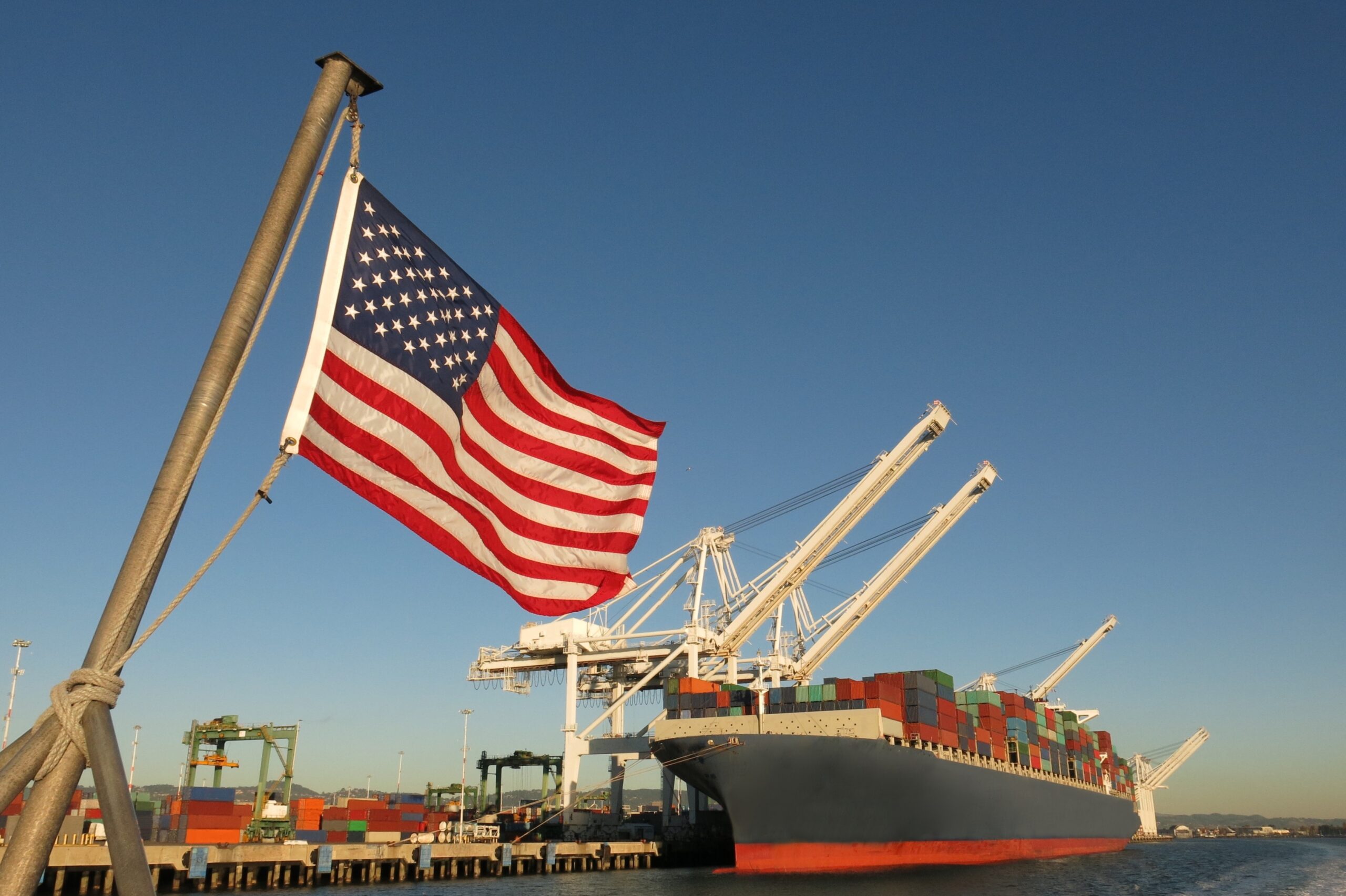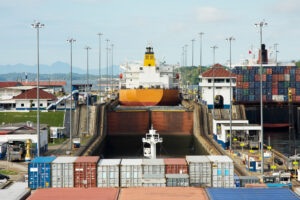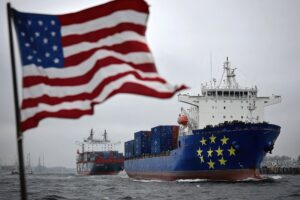The largest union of maritime workers in North America, the International Longshoremen’s Association (ILA), rebuts claims that U.S. ports are ‘inefficient’.
Stung by recent criticism that US ports are inefficient, ILA’s Dennis A. Daggett issued a statement, characterising the reports as “inaccurate and irresponsible.”
Dennis A. Daggett is the executive vice president, International Longshoremen’s Association; president of ILA Local 1804-1 and general coordinator of the International Dockworkers Council.
“I understand it’s nearly impossible to rebut every inaccurate report that circulates in the media. However, this particular narrative is too misleading and damaging to ignore, and it needs to be addressed. The recent wave of reporting criticizing the efficiency of U.S. ports is not only inaccurate but also irresponsible,” he said.
Daggett claimed that the reports are largely based on skewed interpretations of data that fail to account for the fundamental differences between U.S. marine terminals and transshipment hubs in other parts of the world.
Daggett said: “These rankings heavily favor transshipment hubs, which are fundamentally different in operation from U.S. ports.
“Transshipment ports primarily handle containers that are unloaded from one vessel and immediately loaded onto another, with minimal interaction with inland transportation systems or domestic cargo. In contrast, U.S. ports are full-service gateways that handle a complex mix of imports and exports, integrating rail, trucking, and warehousing to deliver goods across a vast geography. Comparing these two types of facilities is like comparing apples to oranges.”
Dennis A. Daggett added that the “mainstream media conveniently ignores surveys that rank U.S. ports among the most reliable in the world.”
For instance, ports operated by ILA members consistently rank higher globally, he said, for throughput and reliability than their competitors. “This is a testament to the hard work and dedication of unionized workers who ensure that cargo flows smoothly despite mounting challenges.”
He also added: “What no one seems to be talking about is the outdated infrastructure that supports U.S. ports, such as highways, bridges, rail systems, and dredging operations.
“Many of these critical connections to the ports are decades behind the needs of modern commerce. Trucks transporting goods often face bottlenecks on congested and deteriorating highways. Aging rail systems struggle to keep up with the demands of intermodal transport. Dredging operations to accommodate larger vessels lag behind, forcing delays and inefficiencies. Is that the ILA’s fault, too?”
Daggett concluded that instead of someone unfairly criticizing the system, the main focus should be on making investments in infrastructure, technology, and workforce training to enhance port operations.



